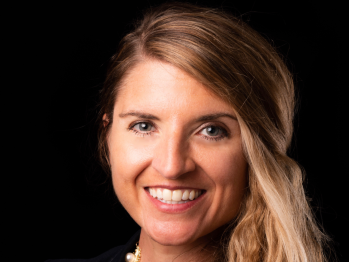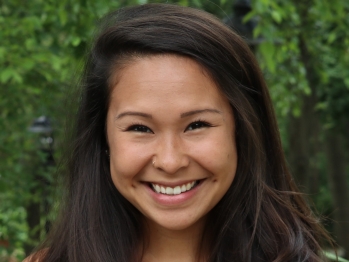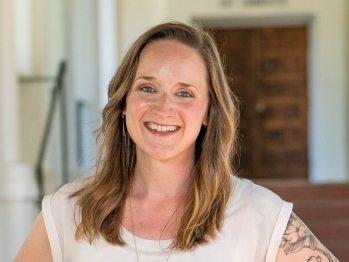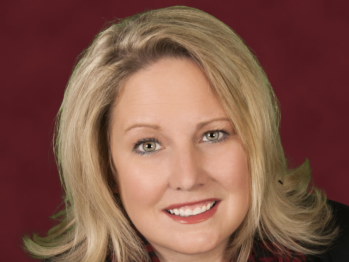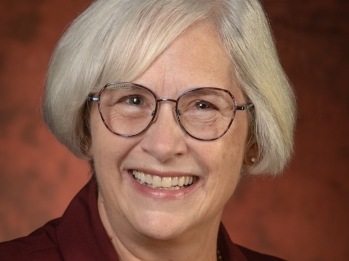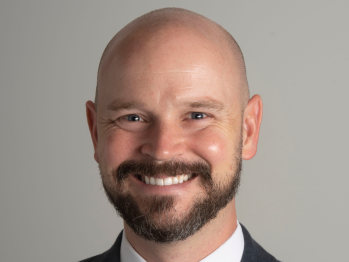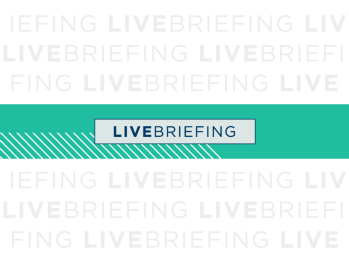
De-centering the Ideal Worker in Student Affairs: An Interactive Live Briefing Series
Virtual Live Briefings Career and Workforce Development Supporting the Profession
March 2, 2021 3:00-4:30pm(ET)
Inspired by the recently published book Creating Sustainable Careers in Student Affairs: What Ideal Worker Norms Get Wrong and How To Make It Right, this three-part, interactive series introduces and challenges ideal worker norms, which pervade student affairs. Ideal worker norms expect employees to be always available to the organization and with few responsibilities in their personal lives. Clearly this has consequences for student affairs professionals’ personal and professional lives.
The first live briefing will introduce the concept of ideal worker norms and help participants identify the individual and organizational forces that perpetuate these norms--as well as identify ways to decenter those norms in their own lives. The second live briefing will focus on how student affairs professionals with caregiving responsibilities are uniquely affected by ideal worker norms and the way that this is heightened by the COVID-19 pandemic. The third live briefing will consider how graduate students and new professionals are affected by ideal worker norms and offer tools that our newest professionals in the field might use to confront difficult situations in the workplace. Registrants might attend one, two, or all three sessions in the series.
Session I: Ideal Worker Norms: Why You Feel Like You Are Working all the Time and What to Do About It
February 9, 2021 | 3:00-4:30 pm (ET)
Session II: How Ideal Worker Norms Impact Caregivers Working in Student Affairs During a Pandemic
February 23, 2021 | 3:00-4:30 pm (ET)
Session III: Surviving versus Thriving as A Graduate Student or New Professional: Navigating Ideal Worker Norms
March 2, 2021 | 3:00-4:30 pm (ET)
Presented By
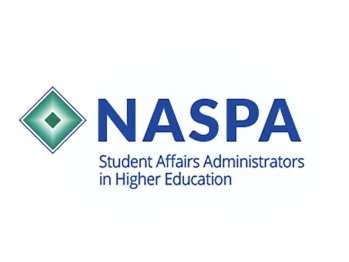
Session I: Ideal Worker Norms: Why You Feel Like You Are Working all the Time and What to Do About It
This interactive live briefing will consider the ways in which ideal worker norms, or the expectation that employees should always be working and have no personal responsibilities in the home, shape student affairs work. It will identify the forces both on campus and across society that perpetuate ideal worker norms and equip participants with tools and strategies to challenge those norms. Participants will engage in a modified SWOT analysis to identify the ways that student affairs work both supports and exacerbates ideal worker norms and generate opportunities that they can take on an individual and collective level to resist ideal worker norms.
Session I Speakers:
- Sonja Ardoin, Assistant Professor, Appalachian State University
- Carrie Kortegast, Associate Professor of Higher Education & Student Affairs, Northern Illinois University
- Jason Lynch, Assistant Professor of Higher Education, Appalachian State University
- Margaret Sallee, Associate Professor, SUNY University at Buffalo
- Benjamin B. Stubbs, Director of Student Engagement, University of West Florida
- Lisa Wolf- Wendel, Professor, University of Kansas School of Education and Human Sciences- Educational Leadership & Policy Studies
Session II: How Ideal Worker Norms Impact Caregivers Working in Student Affairs During a Pandemic
The purpose of this interactive live briefing is to explore how parents and others with caregiving responsibilities working in student affairs are impacted by ideal worker norms, especially during COVID-19. In particular, the session will identify the ways that ideal worker norms impact both the individual and the institution. Particular attention will be paid to the ways that these norms play out differently based on type of caregiving responsibilities. Additionally, separate breakout rooms will be offered for supervisors of staff with caregiving responsibilities to discuss how to support this population. Finally, in a unique contribution, this session will offer a breakout room to engage children of attendees.
Session II Speakers:
- Anne M. Hornak, Professor, Central Michigan University
- Sarah Marshall, Associate Professor, Central Michigan University
- Rosemary J. Perez, Associate Professor, University of Michigan
- Margaret Sallee, Associate Professor, SUNY University at Buffalo
- Lisa Wolf- Wendel, Professor, University of Kansas School of Education and Human Sciences- Educational Leadership & Policy Studies
Session III: Surviving versus Thriving as A Graduate Student or New Professional: Navigating Ideal Worker Norms
This interactive live briefing is designed to introduce graduate students and new professionals to the concept of ideal worker norms and offer them tools to challenge those norms in their daily practice. The workshop will contain an overview of ideal worker norms followed by a panel of graduate students and new professionals who will discuss how they have navigated such norms in their own work. Using case studies as a tool, we will also discuss how to confront difficult issues in the workplace and the degree to which organizational culture shapes how ideal worker norms play out. Finally, the session will conclude by offering participants a list of strategies that they can use to confront ideal worker norms in their personal and professional lives.
Session III Speakers & Panelists:
- Sonja Ardoin, Assistant Professor, Appalachian State University
- Alexa Erb, Program Coordinator for Student Involvement, Bentley University
- Megan Karbley, Assistant Dean of Students, UNC Greensboro
- Melanie Lee, Associate Director for Education Support, & Assessment, Office of Student Success & Empowerment, University of Utah
- Jason Lynch, Assistant Professor of Higher Education, Appalacian State University
- Libia Marqueza Castro, Student Government Coordinator, Associated Students of Sonoma State University
- Christopher Ndiritu, Area Coordinator, Davidson College
- Rosemary J. Perez, Associate Professor, University of Michigan
- Ali Raza, Assistant Director for Involvement, Colorado State University
- Margaret Sallee, Associate Professor, SUNY University at Buffalo
- Shannon Staten, Executive Director of University Housing, Florida State University
- Benjamin B. Stubbs, Director of Student Engagement, University of West Florida
Speakers
Speakers
Registration
NASPA individual members and Voting Delegates have access to member pricing for all NASPA events. If you are not a NASPA individual member, please visit our membership section to learn more about membership types and benefits. In many cases, an annual NASPA membership plus the event member registration fee are still less than the event non-member registration fee. We hope you’ll consider joining today!
Registration Fees per Individual Session | |
|---|---|
|
Session I: Ideal Worker Norms: Why You Feel Like You Are Working all the Time and What to Do About It
|
|
| NASPA Member: Free |
Non-Member: $99
|
|
Session II: How Ideal Worker Norms Impact Caregivers Working in Student Affairs During a Pandemic
|
|
| NASPA Member: Free | Non-Member: $99 |
|
Session III: Surviving versus Thriving as A Graduate Student or New Professional: Navigating Ideal Worker Norms
|
|
| NASPA Member: Free | Non-Member: $99 |
Policies and Contact Information
Contact Information
Registration Issues/Questions:NASPA Main Office - (202) 265-7500
|
Program Questions/General Information:Joseph DeSanto Jones- (202) 903-0654
|
Payment Policies
To view NASPA's complete payment policies and procedures, click here.
Captioning Assistance
Text Captioning Support: NASPA kindly requests five business days notice for captioning requests. You can request captioning within the online registration process. If your registration is received within the five business days prior to the live event, you will be contacted by NASPA staff.
